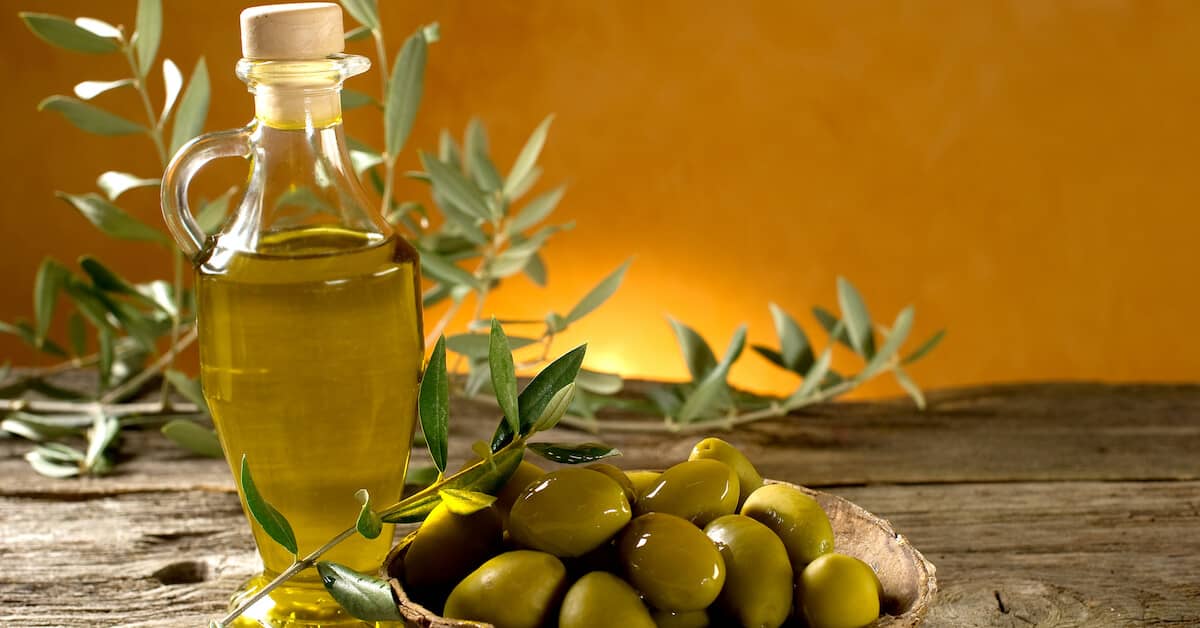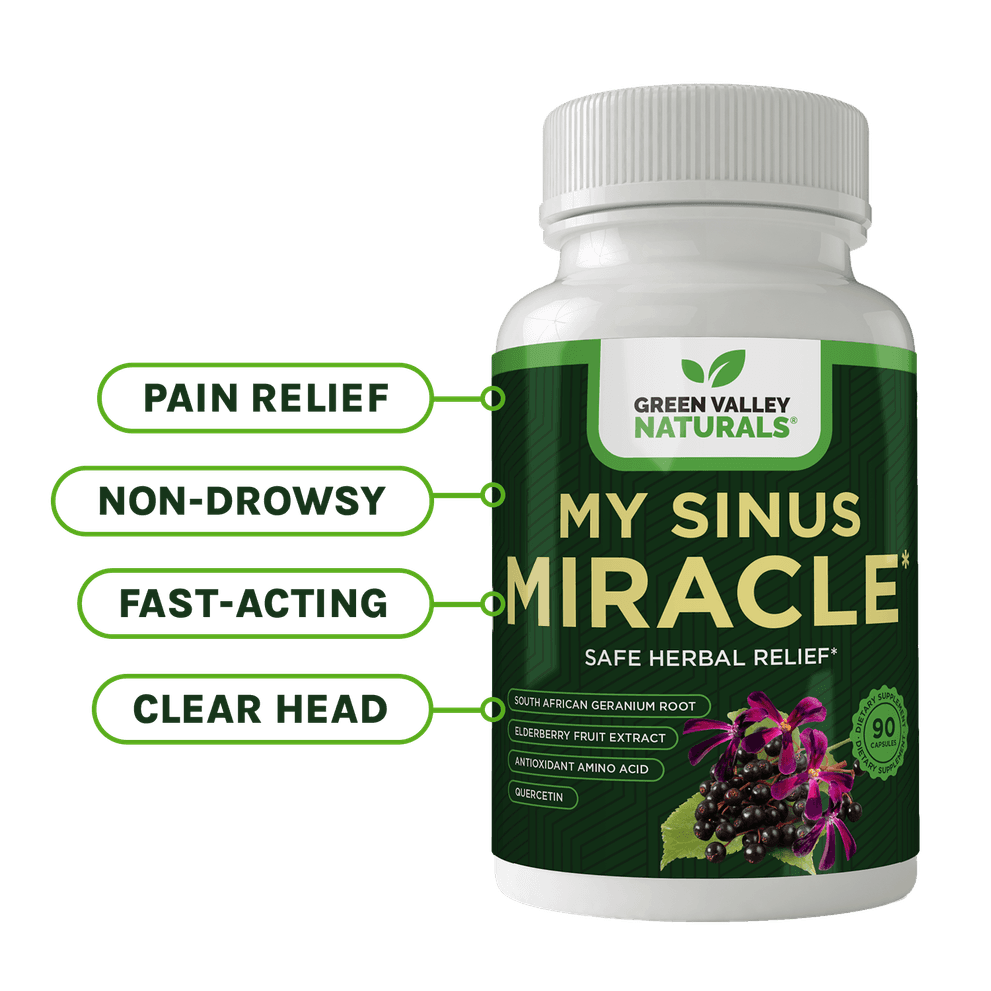
Experts have always agreed that olive oil possesses plenty of health benefits. But you know what?
The latest research into this outstanding oil shows that we still underestimate its medicinal value!
That’s right. Recent studies show we’ve been missing some of olive oil’s most important anti-aging compounds and health benefits. Here’s what you need to know…
Key Takeaways
Anti-Aging Benefits of Olive Oil
The Minnesota researchers note that although some studies of the Mediterranean diet—rich in olive oil—have suggested that these signaling pathways were activated by the resveratrol in red wine, at least some of them are actually triggered by olive oil.
The researchers add that the olive oil benefits are enhanced if you exercise, fast, and limit your calorie intake.
"We found that the way this fat (in olive oil) works is it first has to get stored in microscopic things called lipid droplets, which is how our cells store fat. And then, when the fat is broken down during exercising or fasting, for example, is when the signaling and beneficial effects are realized," says researcher Doug Mashek, PhD.
Warding off Disease
Other research reveals that adding more olive oil to your diet can lower your risk of numerous illnesses that debilitate millions of Americans.
For example, a study at Harvard finds that Americans who consume more than half a tablespoon of olive oil daily enjoy a 15 percent lower risk of cardiovascular disease and a 21 percent lower risk of coronary heart disease.2
This twenty-four-year study analyzed health data compiled from more than 63,000 women involved in the Nurses’ Health Study and over 35,000 men participating in the Health Professionals Follow-up Study.
The research also showed that merely replacing one daily teaspoon of butter, margarine, mayonnaise, or dairy fat with a teaspoon of olive oil can reduce your cardiovascular disease risk by five percent and your chances of coronary heart disease by seven percent.
When it comes to living longer, the people consuming the most olive oil during the study years had a 17 percent lower risk of dying from cancer, a 29 percent lower risk of dying from neurodegenerative disease, a 19 percent lower risk of dying from heart disease, and an 18 percent lower risk of succumbing to lung disease compared to people who consumed the least amount of olive oil.
Better Memory
At the same time, a study in Greece demonstrates that consuming olive oil may help improve the thinking abilities of people whose memories are faltering.
In this study, researchers analyzed the effects of consuming 3.3 tablespoons a day of olive oil in people suffering from amnestic mild cognitive impairment (MCI). Amnestic MCI occurs when somebody’s memory becomes blurry, and they have difficulty carrying out the complex actions required by daily life. It is almost always a precursor to developing Alzheimer's disease.
In these tests, the Greek researchers studied three groups of subjects. They fed one group 3.3 tablespoons daily of a high-phenolic early harvest extra virgin olive oil, another 3.3 tablespoons daily of a moderate-phenolic early harvest extra virgin olive oil, and instructed the third group to follow the Mediterranean diet.
By the way, phenolics are plant compounds that act as antioxidants and are associated with various health benefits. Extra virgin olive oil is made from pure, cold-pressed olives and is said to carry more healthful compounds.
At the end of a year, both olive oil groups improved their memory tests more than those told to eat the Mediterranean diet. Moreover, people who consume high-phenolic olive oil enjoy the most improvement.3
The researchers concluded that consuming extra virgin olive oil at a young age may offer excellent protection against memory problems as we age.
Adding More Olive Oil to Your Diet
Of course, to benefit from olive oil, you only need to drizzle it onto your salads and vegetables when you sit down to eat. The best kind to use is organic extra virgin olive oil.
And according to European researchers, when you sauté vegetables with olive oil, you release some of the beneficial natural chemicals from the vegetables into the oil, allowing you to absorb extra antioxidants from your meal.4
You really can’t go wrong with high-quality olive oil. As the latest tests show, any way you choose to use this healthy oil will provide solid support for better health. So, drizzle away and reap olive oil’s amazing health benefits.

